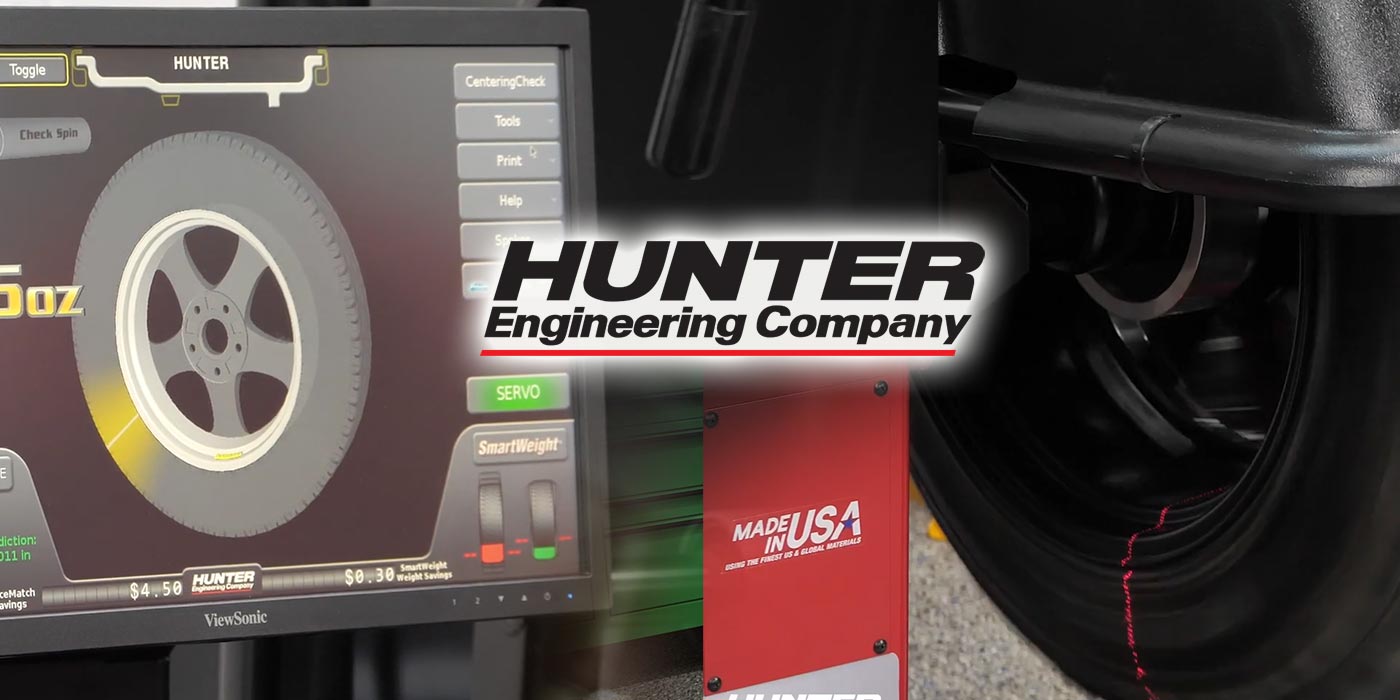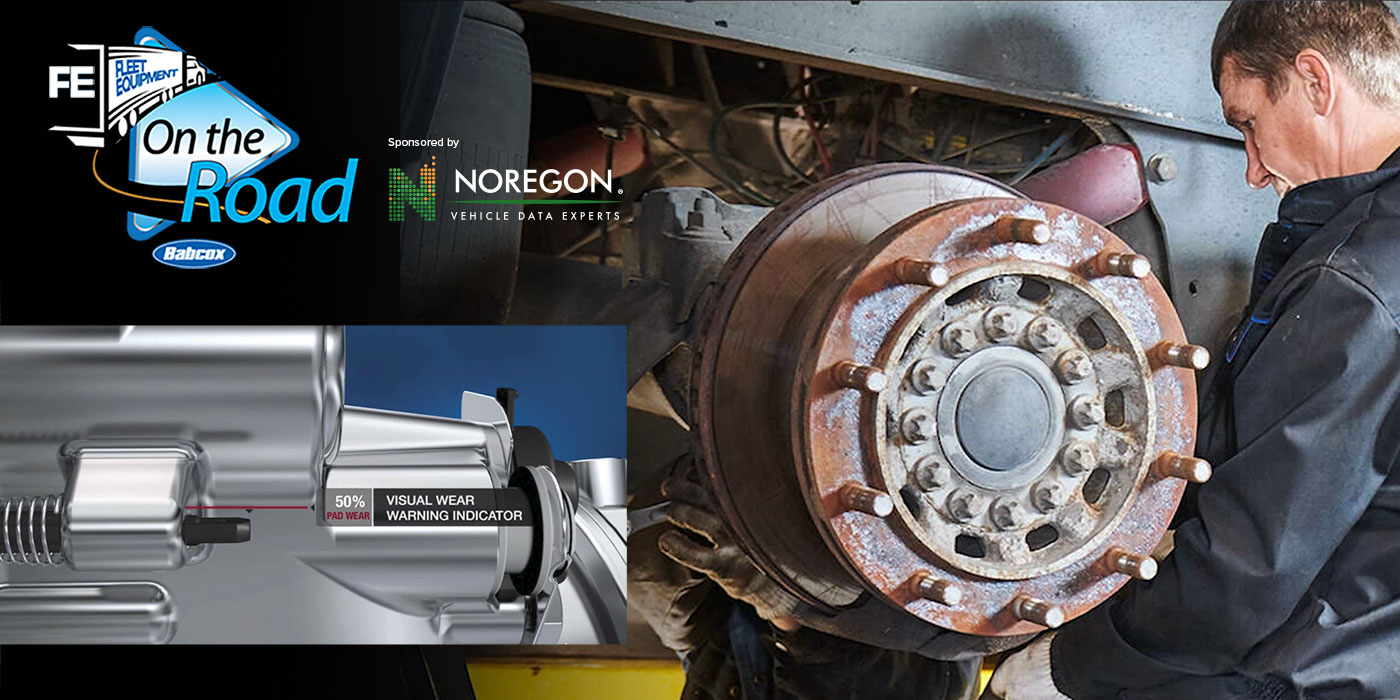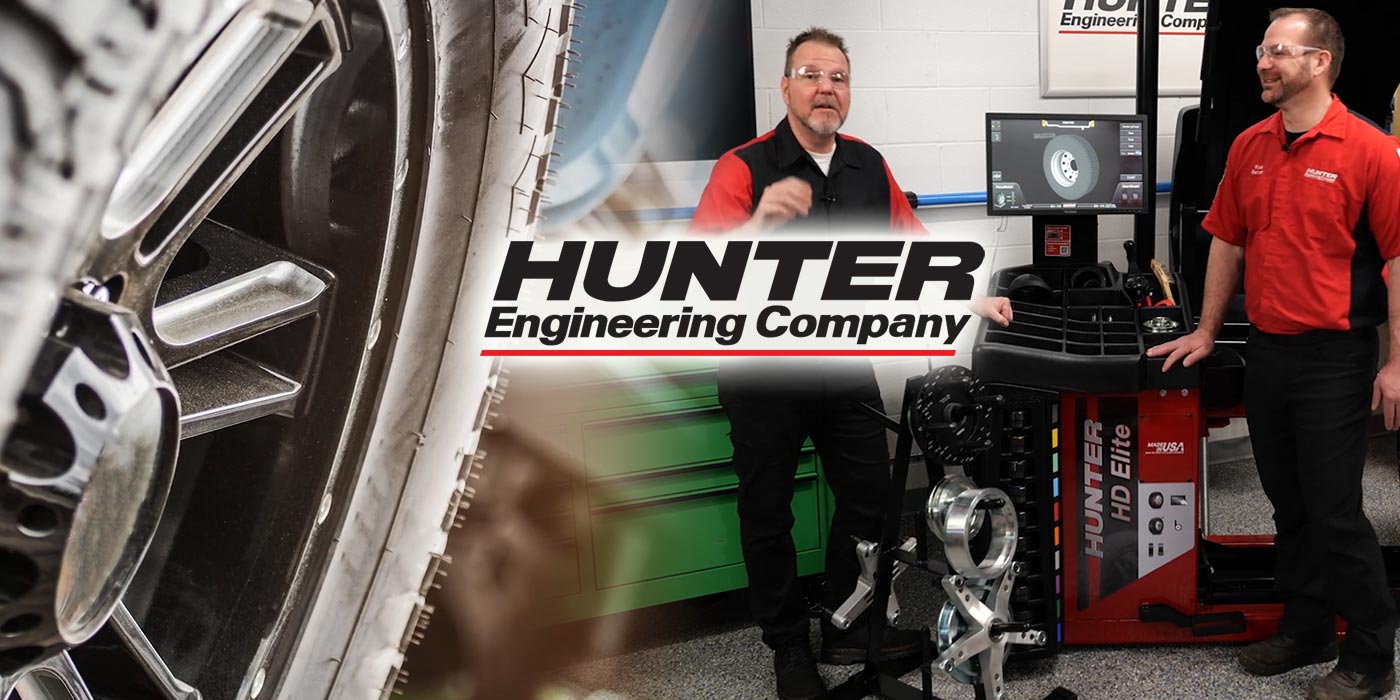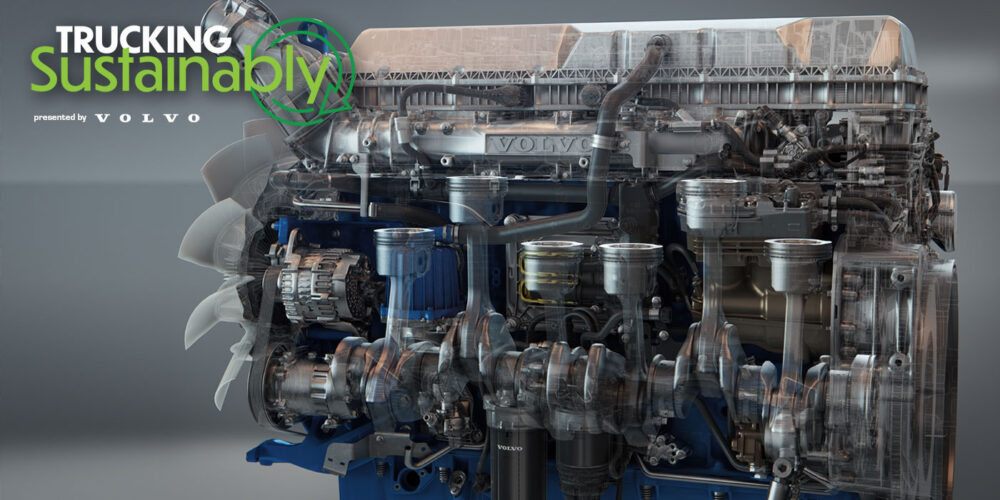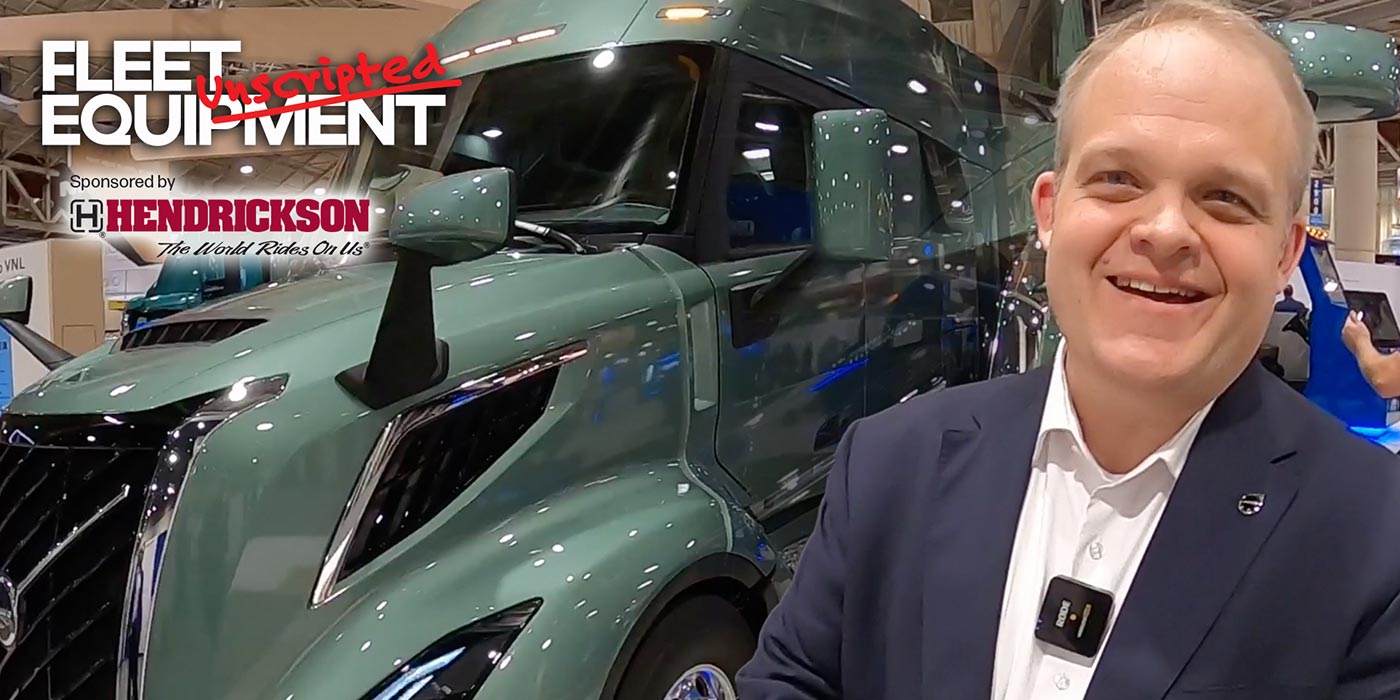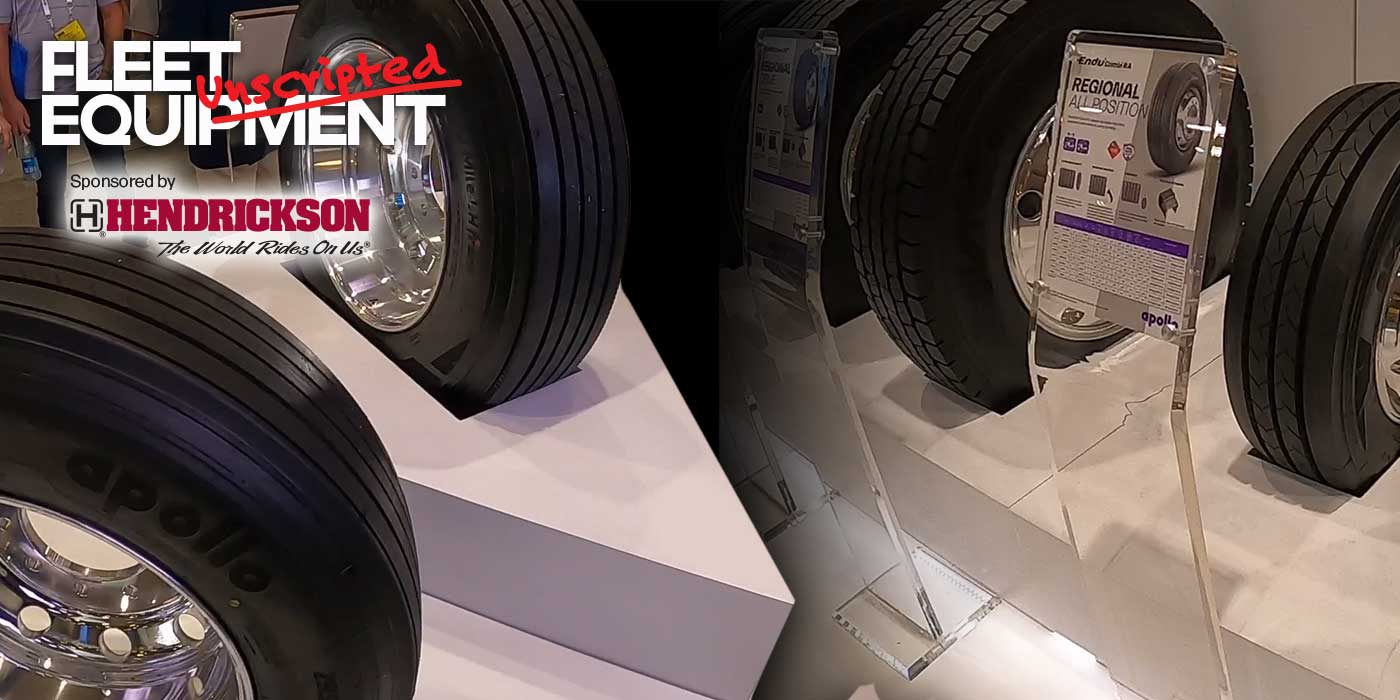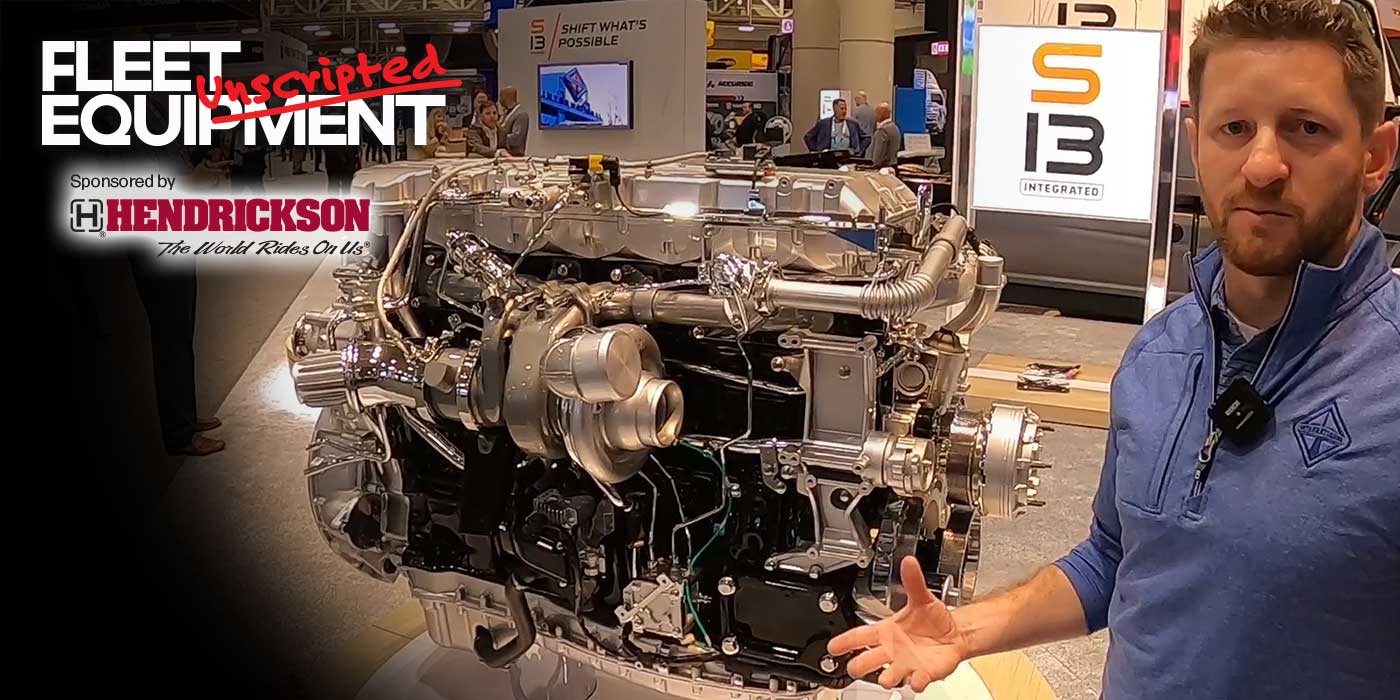The promise of technology is that it can illuminate how your trucks are actually being operated vs. how you think they’re being operated, and then allow you to make better decisions. The data-driven buzzword for this is “actionable” data. And that’s also the rub. Today’s trucks and trailers generate tons of data, but that huge pile of zeroes and ones won’t help you much if you have to go digging through it to find answers. That was one of the biggest reasons why Drivewyze, a weigh station management solutions provider, and Bestpass, a toll management service provider, recently announced a partnership that would marry Bestpass’s toll management transponder data with Drivewyze’s edge-processed GPS data.
What does all of that mean?
As Brian Heath, CEO, Drivewyze, and Tom Fogarty, CEO, Bestpass, explained during this interview recorded shortly after news of the partnership broke, without accurate and integrated data, fleets still have to do leg work when analyzing toll costs and data when older GPS telematics units only ping the truck only every five to 10 minutes. Tying near real-time GPS data with the toll location can help provide a more accurate picture of what trucks went where and paid to do it.
On top of that, it opens the door to a host of other solutions that aim to save fleets money. For more on that, watch the interview with Heath and Fogarty above.
No script? No plan? No problem. Welcome to Fleet Equipment Unscripted—the video interview series that connects you with the greatest minds in the heavy-duty trucking world.
Bookmark the Fleet Equipment Unscripted page to catch all of our Unscripted episodes, and subscribe to our newsletter by clicking here to have the latest news and in-depth trucking stories delivered straight to your inbox.
Fleet Equipment Unscripted is sponsored by Hendrickson.


